Amid Tight Brexit Polls, Netherlands’ Trade And Investment Leaders Wary Of Referendum
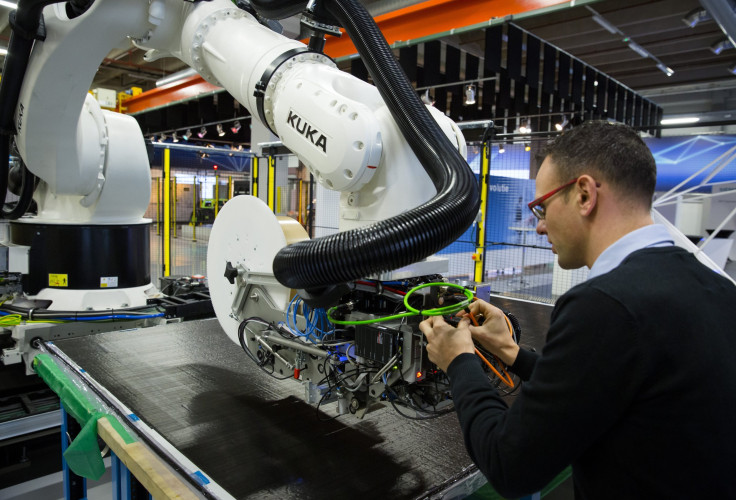
On several crisp days in February, Anton Valk, chairman of the Netherlands British Chamber of Commerce, welcomed leaders from dozens of the member companies who conduct a large amount of business between the U.K. and the EU for seminars on the looming Brexit referendum. At one event in the Dutch embassy in London and another at a palace in the Hague, executives from small law firms and large oil companies were invited to express concerns over what the possibility of a Brexit could mean for their businesses, how they should prepare and if they should be worried.
“From a trade and investment point of view, you see a lot of uncertainty, a lot of hesitation. And in general companies who are exporting and importing are not in favor of it,” said Valk, who warned that foreign direct investment would likely take the first hit if the United Kingdom left the European Union.
Just two years after the Netherlands began to emerge from a recession triggered by a continentwide economic crisis in 2008, the wealthy European country faces a potentially major hit to its fragile recovery if the U.K. leaves the EU. As the Netherlands is one of the top trading and investment partners with the U.K., nearly 10 percent of its trade is at risk in the event of a so-called Brexit. While trade would likely continue after officials in Amsterdam helped negotiate new trade agreements between the EU and London, revenue could be lost in the adjustment period, and any potential losses could set a precedent for what British trade would look like outside the 28-country bloc.
The Netherlands imported around $34.2 billion of goods from the U.K. and exported $50.7 billion in return in 2014, according to data from the MIT Observatory of Economic Complexity. Top British imports to the Netherlands include crude petroleum and cars, while top Dutch exports to the U.K. include refined petroleum, machinery such as computers and broadcasting equipment, and pharmaceutical material such as human and animal blood. The U.K. is the top destination for Dutch investors, and the Netherlands is the second most popular location for U.K. investors.
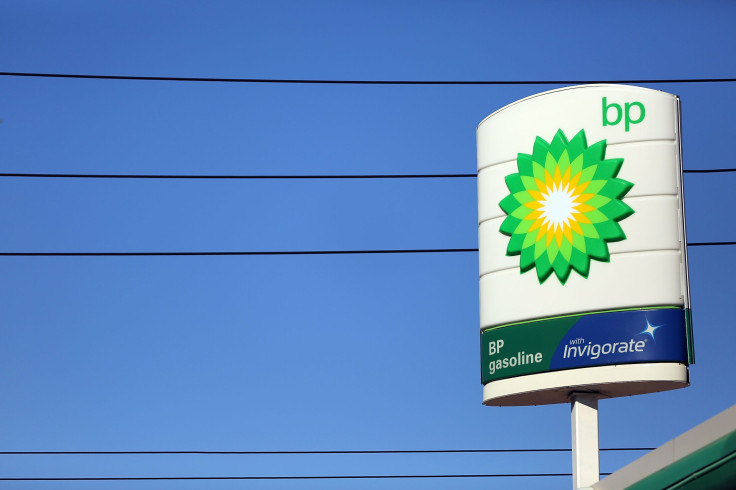
With the vote on EU membership slated for June 23, debate over a Brexit has grown to a fever pitch in recent months, with leaders throughout Europe and beyond chiming in. The Brits have long been cautious members of the EU, frequently opting out of EU-wide initiatives such as a recent quota on accepting asylum-seekers, and those in favor of a Brexit argue that the European Commission has exerted too much authority over national laws and immigration in particular.
London's vast array of powerful financial services companies and its status as a foothold for international businesses have placed the city at the center of many Brexit debates. The “Leave” camp is betting London’s status as an international hub will allow the U.K. to continue to grow and thrive without having to pay expensive dues for EU membership.
But pro-European advocates rail against those arguments, insisting that the U.K.'s status as a member state has helped keep it safe. They also claim that a large part of what has made the nation wealthy has been its participation in the single trading bloc that allows for tariff-free trade between member states.
The referendum comes at an especially crucial point for the Netherlands, which despite being the fifth-richest economy in the EU, with an average nominal GDP per capita of approximately $52,000, struggles to recover from the 2008 recession, which sank the euro and sent national deficits soaring. The Netherlands began to emerge from the two-year recession in 2014 as national GDP growth hovered at around 1 percent. GDP rose to $879.3 billion in 2014, up from 864.2 billion in 2013, though that is still well below pre-recession levels of $936.2 billion. GDP growth in 2016 was up to 1.7 percent, according to statistics from the European Commission.
Growth throughout the eurozone has remained slow in the first quarter of the year, with the Netherlands seeing a slight increase in output to 0.5 percent, up from 0.3 percent in the last quarter of 2015, the Wall Street Journal reported. In this delicate recovery, any kind of additional financial uncertainty would be most unwelcome, business leaders insist.
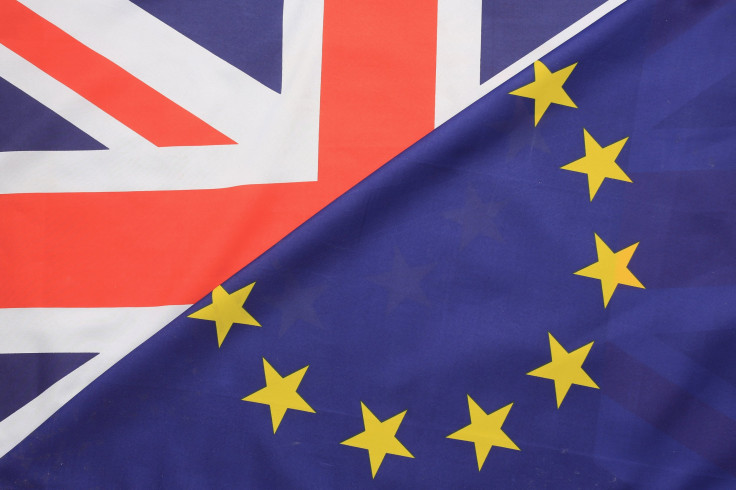
If the U.K. does decide to leave the EU, a period of exit negotiations would take place in which the EU would negotiate as a bloc to determine under what conditions the U.K. could trade with the EU as a nonmember. This back-and-forth would likely take several years, as countries with vastly different economies throughout the continent, from agriculturally driven southern states like Spain to manufacturing monoliths like Germany, vie for their best interests in the U.K. While there’s a possibility for countries like the Netherlands to negotiate their own deals, there's little legal precedent.
“That’s the main worry: We all know that at the end of the day, after two or three years of negotiations there will be a new deal,” said Dirk Shoenmaker, a banking and financial specialist at the Rotterdam School of Management in the Netherlands. “But uncertainty during these two or three years can do a lot of havoc.”
The “havoc” predicted by some economists could range from market fluctuation to a steep drop-off in British exports. Any kind of political upset often leads to market instability, and even the possibility of a Brexit has already caused some jitters in the large real estate market in the U.K. as investors have delayed decisions until after the vote.

The U.K. and the Netherlands have long enjoyed a close economic and diplomatic relationship within the EU. The Hague advocated for Britain’s inclusion in the bloc in the 1970s, and the two countries share similar views on free trade and austerity policies, among other financial perspectives.
Amsterdam has increasingly become a hub for young startup entrepreneurs, and it relies on an open flow of exchange with leaders in the tech industry, many of whom are based in London. With a cultural emphasis on openness and free trade, the Dutch capital has looked to fashion itself as something of a Silicon Valley of Europe. And by early indicators, it is well on its way to doing so. Of 100 “unicorn” companies valued over $1 billion worldwide, in a list compiled by Canadian investor and entrepreneur Salim Ismail, 10 were Dutch.
Among the leaders in young Dutch entrepreneurship is Daan Weddepohl, the founder and CEO of startup Peerby, which made headlines for raising $2.2 million through crowdfunding in a single weekend. The idea of the company is simple: Like the old adage of borrowing a cup of sugar from a neighbor, Peerby connects you with people in your neighborhood to borrow or rent anything from a power washer to cocktail glasses.
Though Weddepohl is Dutch, the company was incorporated in the U.K., and he reasoned the U.K. would be a better jumping-off point to expand to U.S. markets than the Netherlands would have been. But now he is growing increasingly concerned over a potential Brexit and how it could scare away investors from an Anglo-Dutch company. Being able to bring some of the best financial brains from London is also vital to the startup world, and a Brexit could create a kind of “knowledge wall” between the U.K. and the rest of the EU, Weddepohl warned.
“The internet has really taken away borders, and if the U.K. really leaves the EU, that’s creating new borders to entrepreneurship and international business,” he said. “The biggest problem is the uncertainty. Right now it looks like it might influence capital, balance and market.”
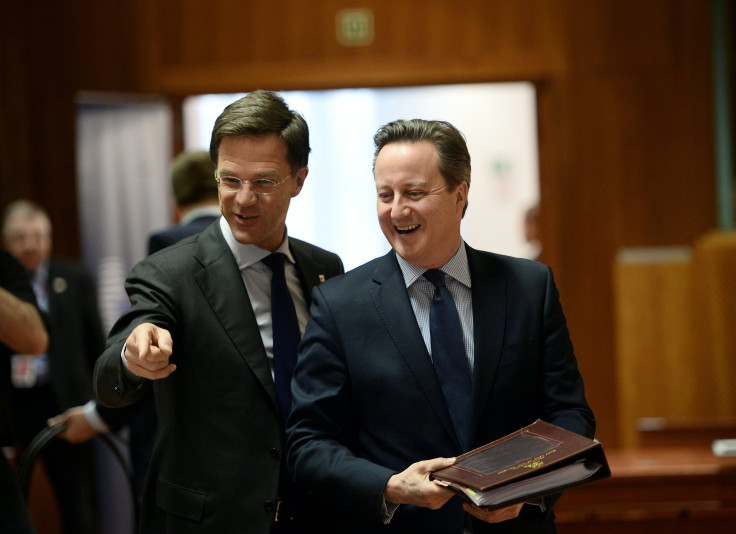
Exchange of goods and labor across the North Sea, which separates the U.K. from the Netherlands, is important to leaders in the startup field. 3D Hubs, for instance, is a Dutch company that connects users to 3-D printers in their area and operates 30,000 units in 150 countries worldwide.
“The most important thing is that for us, actually breaking those barriers of trading is quite important,” said Menno Wierema, 3D Hubs' chief financial and operating officer. “So we’re in favor of free trade, and this is a step backward rather than a step forward.”
As Dutch business leaders express their concerns over a potential Brexit, the gap between the “Leave” and “Remain” camps has narrowed in the run-up to the vote. Around 47 percent of Brits want the U.K. to stay in the EU, and 40 percent want to leave, according to the Financial Times' tracker Monday, which takes the average of recently available polling data.
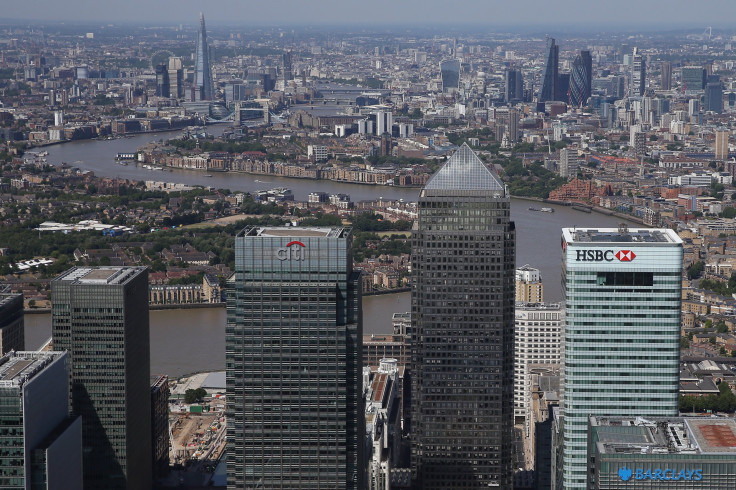
In the event of a Brexit, devoted EU leaders from France and Germany are likely to push for tough trade deals that penalize the U.K. to discourage other countries from holding their own exit referendums. The Dutch, however, could negotiate for more-open trade terms to minimize any economic fallout, according to Rem Korteweg, a Dutch expert in the geopolitics of trade at the Centre for European Reform, a think tank based in London.
“There will be generally a willingness to give the U.K. good terms, just based on economic arguments,” Korteweg said. “But [the Netherlands] won’t want to give access to the single market without any strings attached.”
Similar to countries throughout Europe, including France, Germany, Austria and Italy, the political establishment in the Netherlands has been contending with a growing Euroskeptic constituency. The far-right-wing Netherlands Freedom Party won 10 percent of votes in the most recent national election in 2012, and the party may lobby for a referendum of its own in the event of a Brexit if favorable terms are negotiated for the Brits.
“There’d be this idea to try to prevent this sort of copycat behavior from making Euroskeptics from across the union enthusiastic about getting this good deal,” Korteweg said.
© Copyright IBTimes 2024. All rights reserved.





















